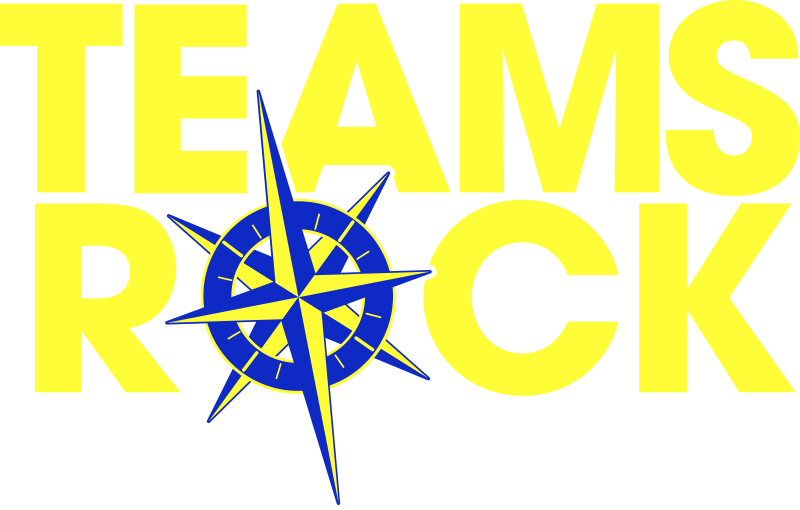Graduating from Peer to Manager

Four Strategies to Help Smooth Your Transition
Roberto has been working at the help desk with a national CSP for over five years and was recently promoted to IT call center manager with a team of about 30 employees. He was excited and somewhat uncertain about how he would be received by his peers. Jon, the former manager, had alienated employees, and some perceived Roberto as the “teacher’s pet.” He was now assigned with the task of transforming the image and culture of the help desk.
Throughout his five years on the help desk, Roberto witnessed numerous shifts in technology, the system, and the clientele. What he hadn’t realized was the poor treatment that the help desk extended to their customers, as well as their fellow employees and colleagues. Many customers referred to the help desk as “the helpless desk.” When he delved into the issue, Roberto recognized the enormity of the challenge ahead.
The great Bear Bryant, the legendary University of Alabama football coach, said it this way: “If anything goes wrong, I did it. If anything goes moderately well, we did it. If anything goes remarkably well, then you did it.” By giving praise and empowering your employees, they will go the extra mile for you.
Why do numerous first-time managers secure their initial team leadership position? In a majority of instances, these managers ascend due to their exceptional job performance. This was precisely the case for Roberto. He boasted a stellar reputation on the help desk, backed by outstanding KPIs, reviews, and letters from satisfied customers.
At some juncture, many of us encounter a situation akin to Roberto’s. The question then becomes: How do you navigate the transition, earn your employees’ respect, and enhance the quality of service you provide when you shift from being a peer to a manager?
Here are four highly effective yet uncomplicated strategies to facilitate this transition:
1. Learn Your Natural Leadership Style.
Every individual possesses an inherent leadership style that necessitates adaptation to various leadership scenarios. Familiarizing yourself with your natural style is pivotal. The three principal styles encompass Authoritative, Participative, and Free Reign.
For new managers, a notable challenge is wanting to befriend everyone and often hesitating to adopt an authoritative stance at the outset of their leadership.
As your team’s trust and respect for you burgeon, you can gradually adopt a more participative approach. Subsequently, as the team evolves into a self-reliant unit, you can shift towards a freer leadership style.
2. Recognize Your Natural Behavior Style and That of Your Team Members.
Parallel to leadership style, we all exhibit a distinctive behavior style. Although multiple assessments exist to assist in identifying these styles, one of the most prevalent and reliable is Everything DISC®. This tool’s purpose is to provide pragmatic and validated behavior descriptions. It offers an array of assessments that enable managers to discern their innate style and adapt in terms of delegation, motivation, and development. (Source: https://www.everythingdisc.com)
3. Return to Fundamentals.
Prominent sports teams commence each season by revisiting the basics. The renowned football coach, Vince Lombardi, reportedly initiated every season by standing before his players, clutching a football, and stating, “Gentlemen, this is a football.” Lombardi’s message was that championship teams are cultivated by reinforcing the basics.
Leading service organizations periodically revisit the rudiments of customer service. Despite their industry leadership status stemming from various factors, a profound grasp of and reinforcement of the basics remains paramount.
4. Acknowledge, Reward, and Strengthen Your Team’s Conduct.
Employees opt to leave their jobs for a variety of reasons, and a leading factor is often the absence of recognition or rewards. One of my mentors used to affirm, “Rewarded behavior begets repeated behavior.”
It’s essential to acknowledge both individual accomplishments and collective team achievements. The illustrious Bear Bryant, the celebrated University of Alabama football coach, expressed it succinctly: “If things go awry, I’m responsible. If they go decently, it’s our doing. If they go exceedingly well, then it’s your achievement.” Offering commendation and empowering your staff encourages them to go above and beyond.
The conventional maxim, “Knowledge is power,” is not an absolute verity. Instead, it’s the application of knowledge that bolsters your efficacy as a leader when transitioning from a peer role to a managerial one.
Originally published on isemag.com


Leave A Comment